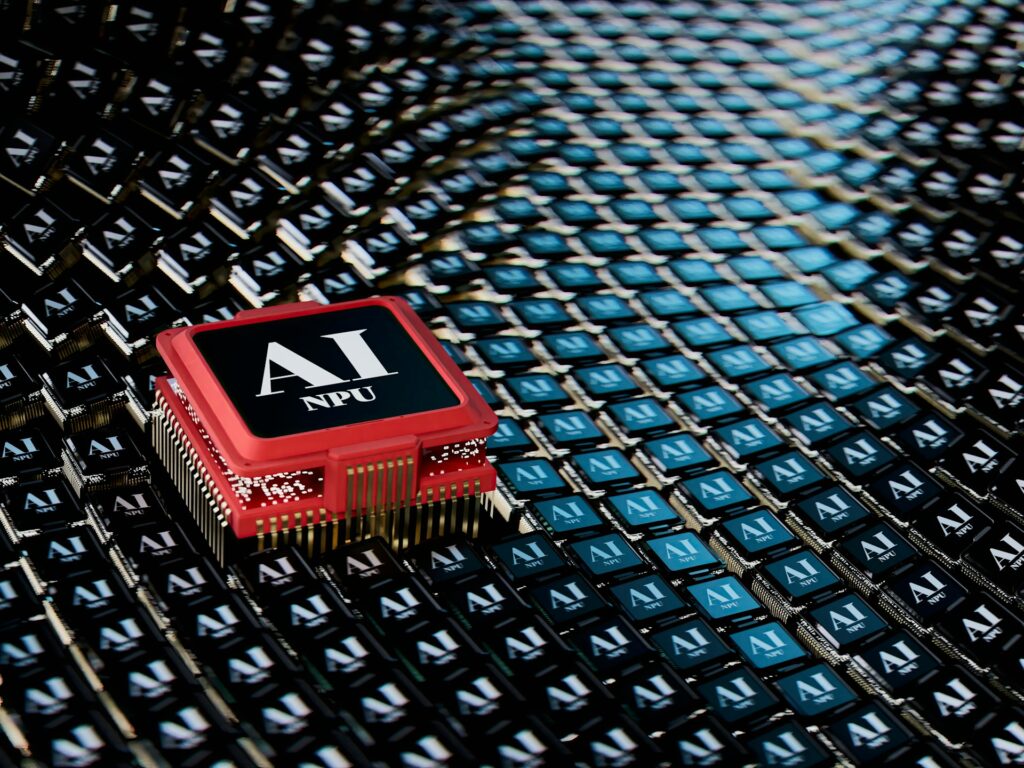Mobile phone screens used to be highly fragile, leading to frequent shattering and scratches from everyday use. This created a strong demand for screen protector, especially as mobile phones became more expensive.
However, in recent years, advancements in screen technology have changed this landscape significantly!
Many modern smartphones now come equipped with robust screen protection. Technologies like Corning Gorilla Glass Victus 2 and Samsung’s Gorilla Glass Armor provide enhanced durability, scratch resistance, and anti-reflective properties. These innovations make screens tougher than ever before, minimizing glare and micro-scratches.
Still, the debate remains: is a screen protector necessary for modern-day mobile phones?
Debunking common myths about screen protectors
| Myth | Fact | Suggestions for Users |
|---|---|---|
| “Modern smartphones don’t need screen protectors” | Despite advancements like Gorilla Glass, screens are still prone to scratches and cracks under impact. | Use a high-quality tempered glass protector to safeguard against scratches and minimize crack risks. |
| “Screen protectors ruin touch sensitivity” | Good-quality protectors are designed to maintain touch responsiveness without affecting performance. | Opt for a tempered glass protector with a thin design to retain touch accuracy. |
| “Screen protectors prevent all damage” | Protectors reduce the likelihood of damage but can’t fully prevent cracks from major impacts. | Pair a screen protector with a sturdy phone case for full protection. |
| “Plastic screen protectors are just as good as tempered glass” | Tempered glass offers better scratch resistance and durability compared to plastic alternatives. | Choose tempered glass over plastic for better long-term protection. |
| “Screen protectors can cause more cracks” | Poorly installed or low-quality protectors can increase the risk of damage, but this is rare with high-quality materials. | Ensure proper installation and invest in reputable brands for optimal safety. |
Do I need a screen protector for mobile phones in 2024?
In 2024, advancements in screen technology have significantly reduced the need for a protector in mobile phones for many users.
Smartphones like the iPhone 16 Pro and Samsung Galaxy S24 Ultra now come with tougher glass technology, such as Apple’s Ceramic Shield and Gorilla Glass Armor. These materials offer high drop resistance and durability. This has also resulted in increased prices of iPhones.
However, while drop protection has improved, scratch resistance remains a concern for users who frequently handle their phones in rough environments. So screen protectors become a necessity in:
- High-risk environments (construction sites, outdoor jobs)
- Rough handling (frequent drops, accidents)
- Older phones with weaker screen protection layers
- Privacy concerns (using privacy screen protectors)
- Reducing glare on matte protectors for better visibility
Experts recommend using a screen protector for Samsung, iPhone or Android devices in scenarios like:
- Preventing scratches from keys or abrasive surfaces.
- Additional protection for users who work in rugged conditions.
- Maintaining resale value by keeping the screen flawless.
What are the disadvantages of screen protector?
Here are the top disadvantages of using a screen protector in 2024 for both iPhone and Android users:
- Reduced touch sensitivity: Some screen protectors, especially thicker ones, can reduce the responsiveness of your device’s touch screen, leading to a less smooth user experience.
- Glare and visibility issues: Screen protectors can create glare or slightly distort visibility, especially in bright light, affecting how you view your phone screen.
- Bubble formation: Improper installation often leads to bubbles, dust, or misalignment, which can become a distraction.
- Aesthetic compromise: A screen protector may detract from the sleek appearance of premium phones like iPhone and Samsung models, giving a bulkier look.
- Discoloration over time: Screen protectors, especially cheaper ones, tend to discolor or turn yellow, which impacts the clarity of your display.
- Compatibility issues with phone cases: Not all screen protectors fit well with certain phone cases, causing lifting or improper sealing. Some may even cause the phone to overheat.
- Cost vs. benefit: High-quality screen protectors can be nearly as expensive as a screen repair, making their utility less appealing when compared with modern screens that have enhanced durability.
- Affects picture quality: If you are into advanced or color-rich photography, a cheap screen protector may affect the picture quality.
In summary, while many flagship smartphones have improved their screen resilience, a screen protector remains a wise investment for both protection and peace of mind, particularly for users prone to dropping their devices. A mobile phone back cover also adds to the overall protection!
On the other hand, mid-range devices with less robust screens may benefit more from having a screen protector to enhance durability.
Another key question many ask is whether you need an antivirus for mobile phones!

